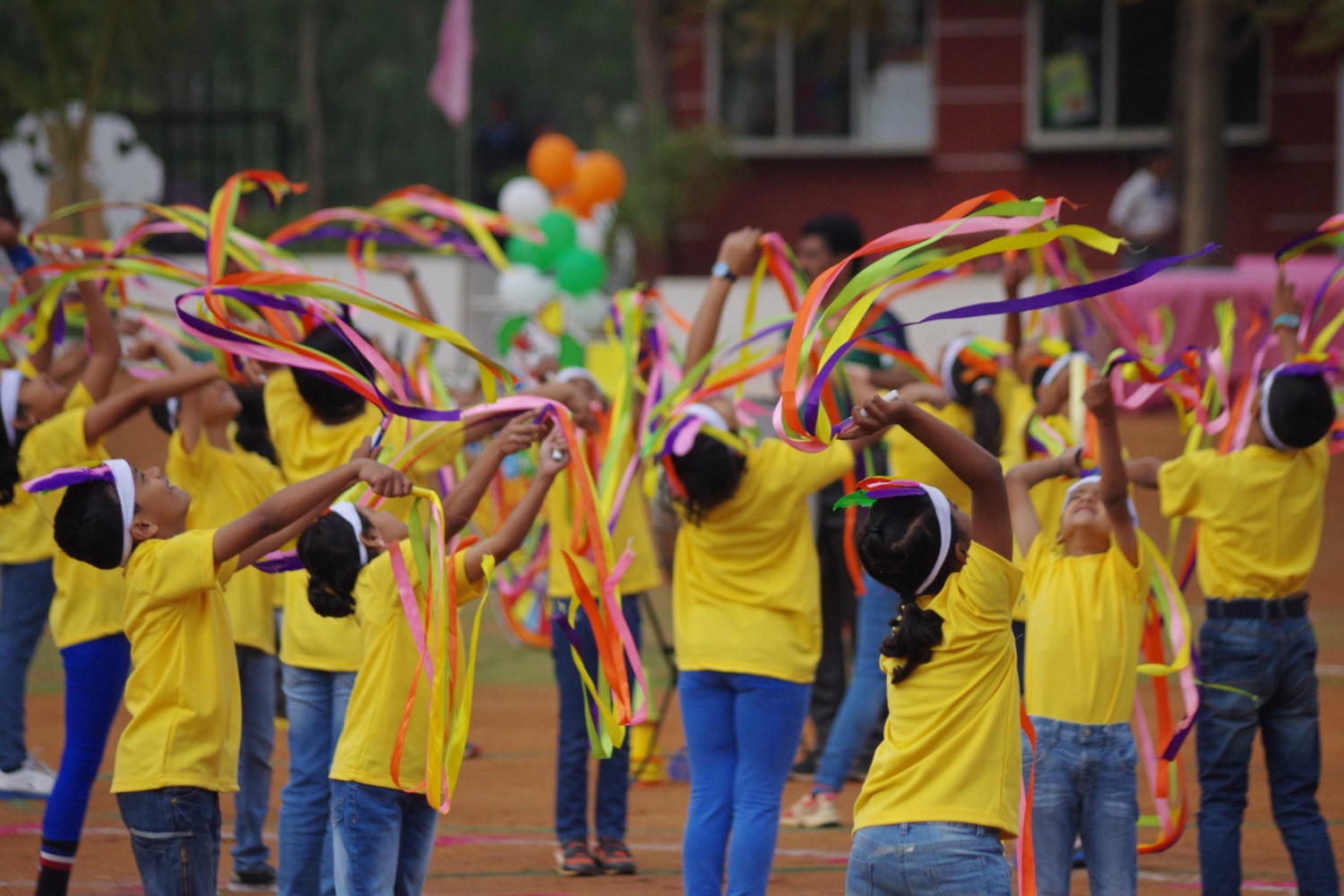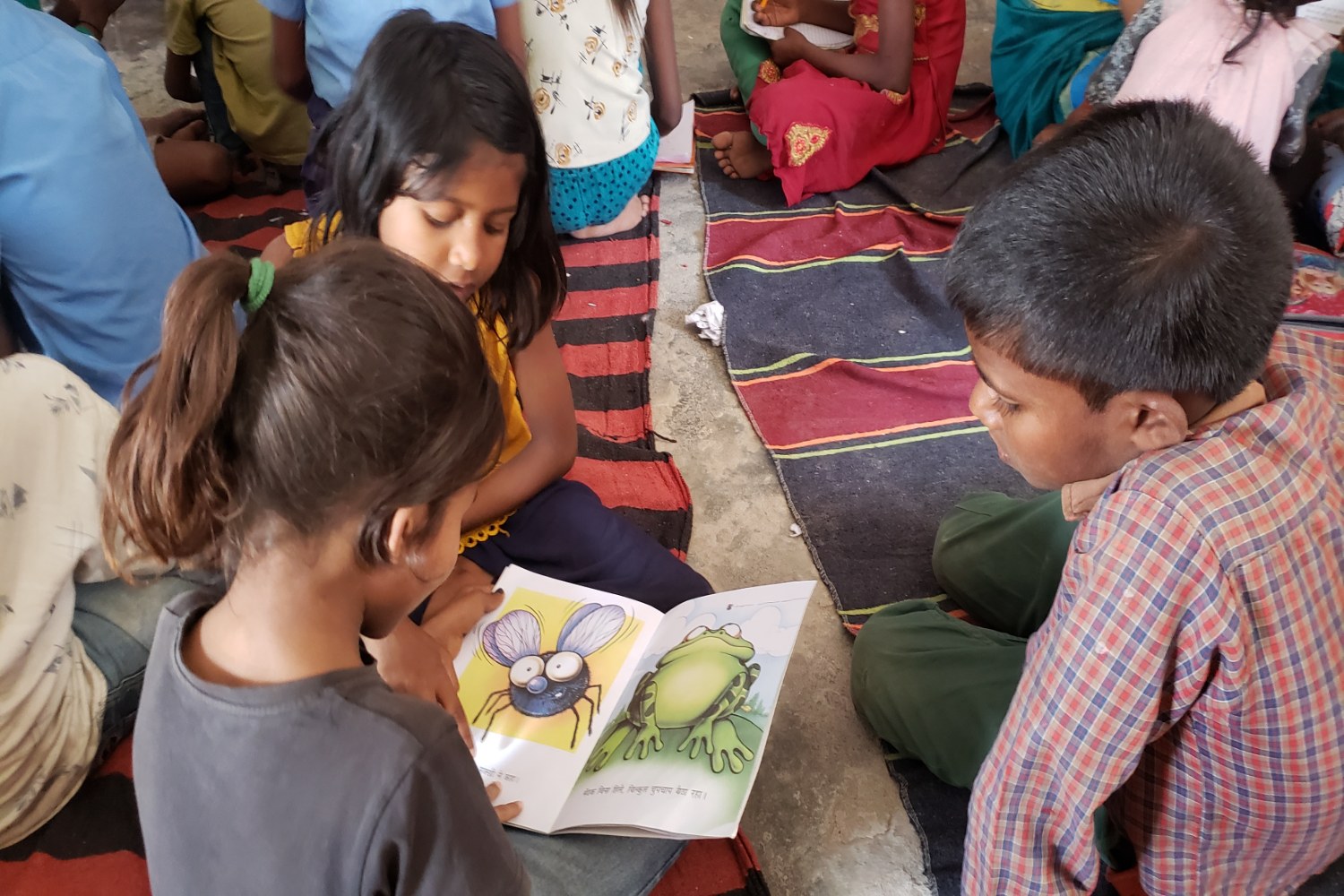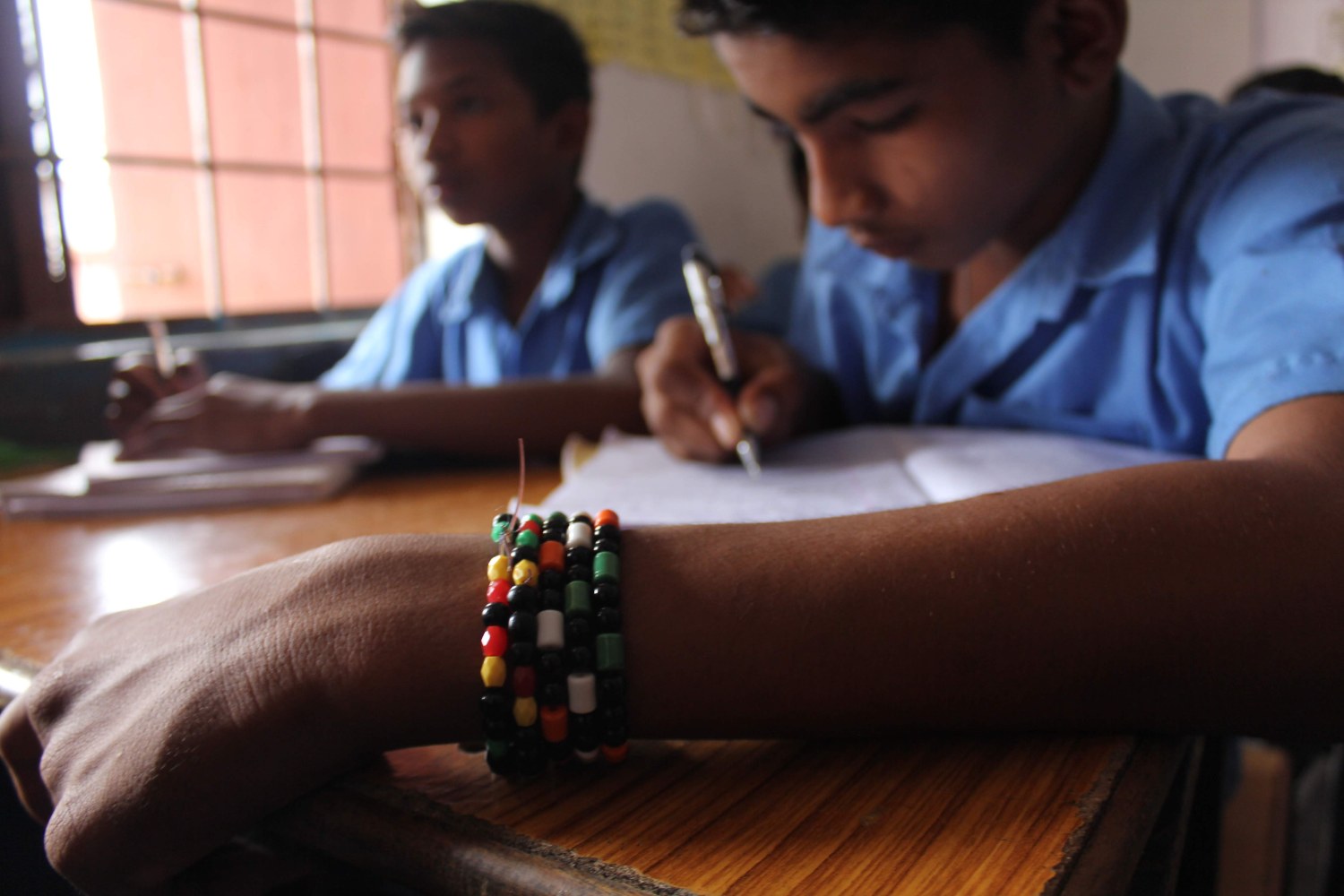Education practitioners’ thoughts from across India on NEP 2020
we share with you the perspectives and opinions of practitioners from across the country on NEP 2020.

“The positive aspects of NEP 2020 include the recognition of ECCE as a crucial step during the foundational years and acknowledging the significance of FLN at the primary level of schooling. But the proposed implementation is not inclusive, as it does not provide any practical solutions to the issues of out-of-school and dropout children due to migration. Non-cooperation at the local school level, emphasis on documents for school enrolment, and language differences will continue as major obstacles in bringing all children into mainstream education. We think that there is still a long way to go in putting in place policies, addressing the demands and rights of the underprivileged, particularly migrants. Otherwise, they will be left out of this mission.” – Ankita Yadav, Doorstep School
“NEP 2020 (Section 6) recognizes large disparities in learning introduced due to the presence of multiple disadvantaged groups in India and highlights the need for specific strategies for each group. It also highlights the need to conduct research to ascertain measures to address their unique challenges. Play-based learning is also highlighted by the NEP (Section 2). The large gap in the foundational numeracy skills of students with visual impairments prompted systematic research and design of a play based pedagogy of inclusive and accessible computational thinking at Vision Empower. Joyful learning and positive outcomes of this research support the policy suggestions on the need for research-led interventions and a play-based focus on inclusive education.” – Supriya Dey, Vision Empower
“Acknowledging that over 3.22 crore children still remain out of school, the National Education Policy 2020 aims to achieve 100% enrolment by 2030 through a slew of measures such as setting up alternative and innovative education centres to ensure that children of migrant labourers are brought back into mainstream education. It is necessary to have one such learning centre at every school campus with teachers trained to assess learning levels and teach mixed age groups on a fast-track mode. The school should make efforts to mainstream them through both academic and nonacademic activities such as art, sports, social-emotional learning and vocational training. Participating in these activities along with the local school children is beneficial.” – Karthik B J, Gubbachi
“I find validation in one of NEP’s core principles that a vibrant education system requires “facilitation of true philanthropic private and community participation” because interventions for systemic change should also be about building empowered grassroots community institutions that are aligned to NEP’s focus on contextual education. This is how communities can have a stake in educational processes in collaboration with government systems – like two equally fundamental but different parts of the whole where the differences are the vital glues of unity-in-diversity that bind together the profound whole, create practical systems of accountability that are needed in public systems.” – Arjun Trivedi, Karunar Kheti Trust

“The tone and intention of the new pedagogical and curricular structure in the NEP is a hugely welcome shift. To consider children in the age group of 3-6 years capable of conscious multifaceted learning and by prescribing a pedagogical approach that is progressive and based on research is a huge need of the hour. We see in our work, everyday, how much of a happy and productive space our activity based kindergarten classrooms are. Visible impact in this crucial first stage of school, I feel, will add conviction and belief in the stakeholders associated with a child’s learning to embrace the shifts across higher grades.” – Gowtham, Kanavu
“New Education Policy 2020 boosts our work on mother tongue based multilingual education by giving a lot of stress on it, though earlier educational policies and commissions, and constitutional provisions including Right to Education Act, NCF 2005, etc. have also emphasised this.
The principle of education through mother tongue for ensuring quality education is an established one, and has been accepted worldwide. NEP 2020 recognizes it and envisages at least the first eight years of schooling through mother tongue based multilingual education. However, education in the child’s mother tongue is being differently interpreted. Home/local/regional languages are often seen as the same. This leads to the dominance of the state language. The second challenge in front of us is the dichotomy of approaches in multilingual education.
A major source of apprehension is the mushrooming growth of private English medium schools at the door step of most parents, even in remote villages. Many states like Andhra Pradesh have started teaching English from Class I. In contrast, Odisha has pioneered in formulating mother-tongue based multilingual education policy in 2014 for tribal communities. Nonetheless, staterun English medium model schools and programs like Anwesha infringe on this policy. However, the foundational stage, which includes preschool education, is a great opportunity for children’s development, as NEP 2020 emphasizes language education through play way method to move ahead, with focus on enjoying their childhood.” – Malaya Padhan, Patang




No approved comments yet. Be the first to comment!